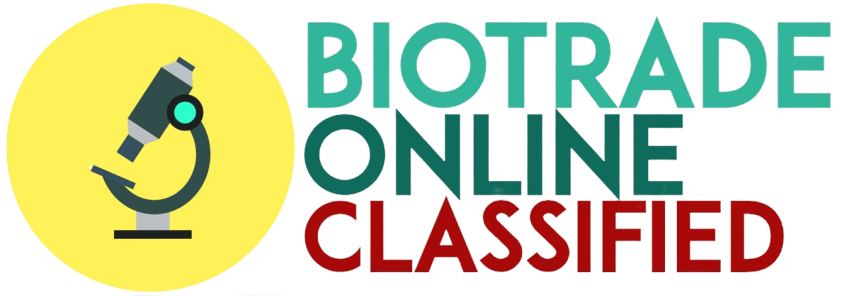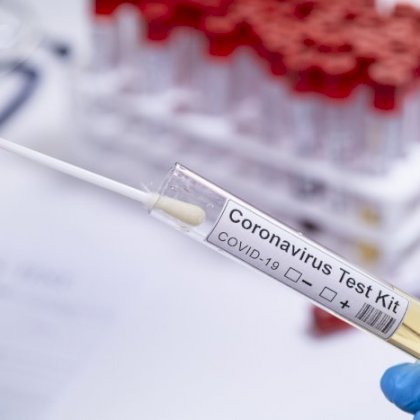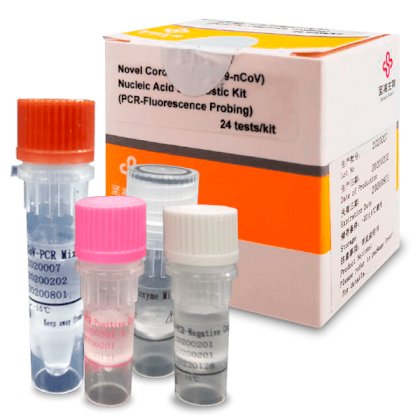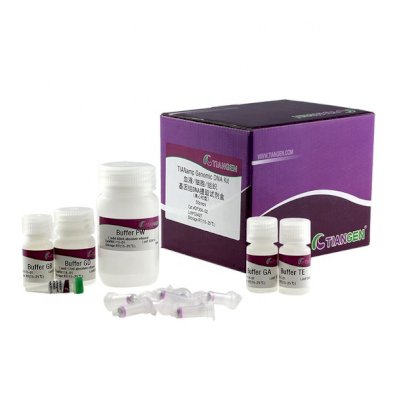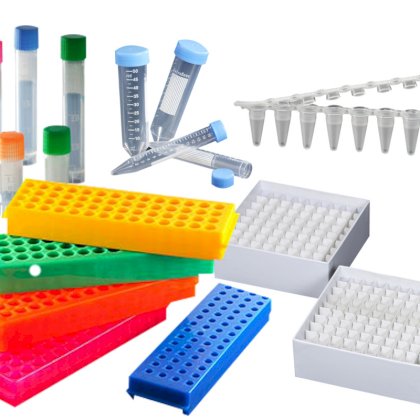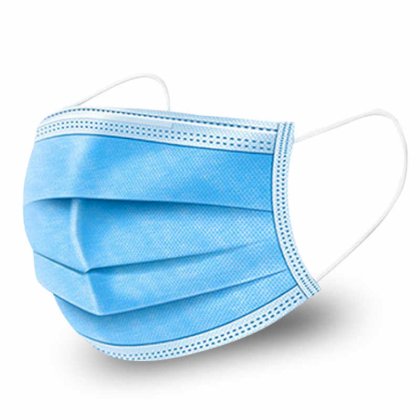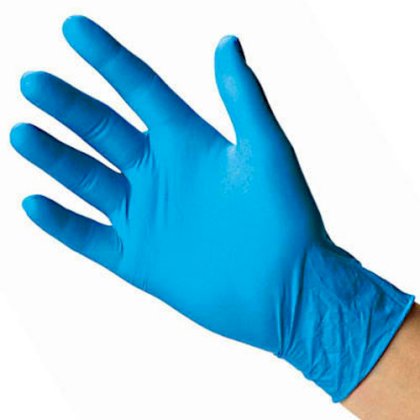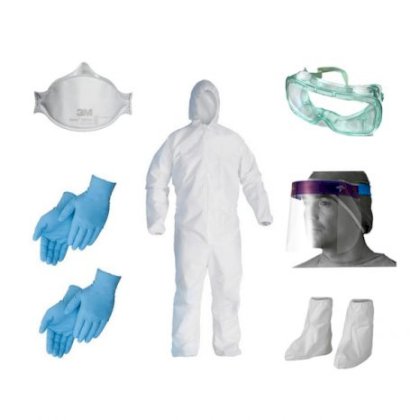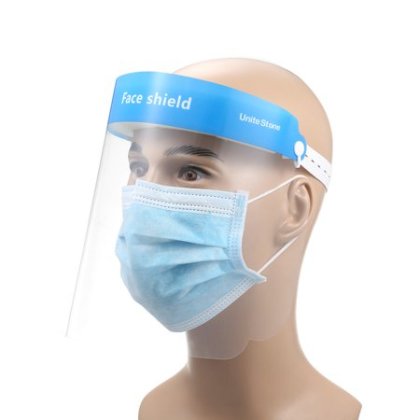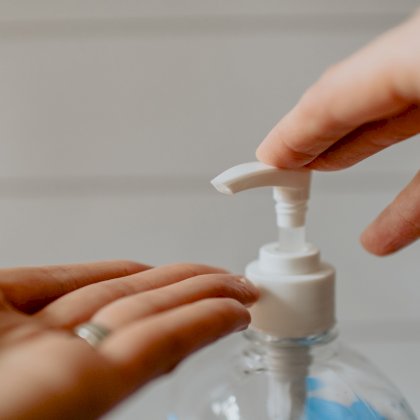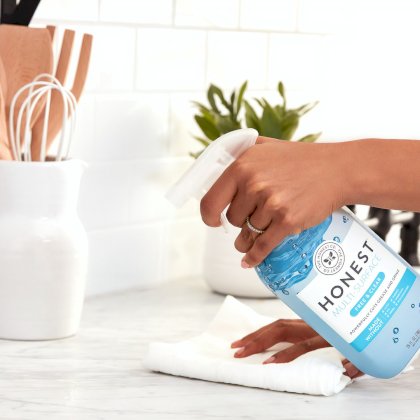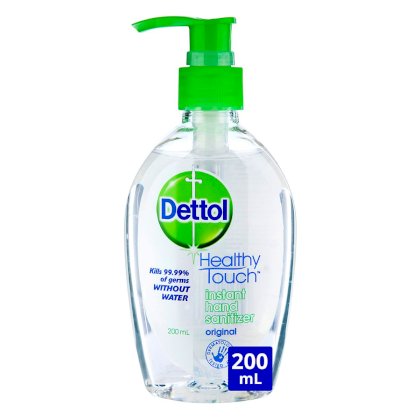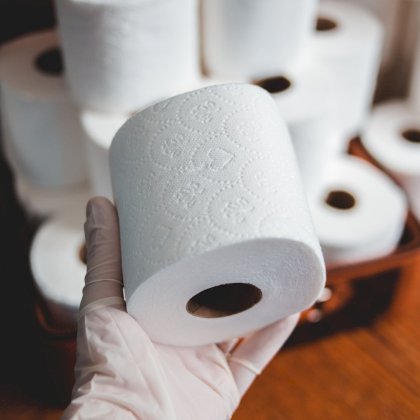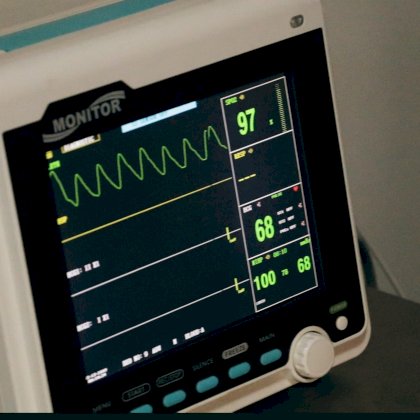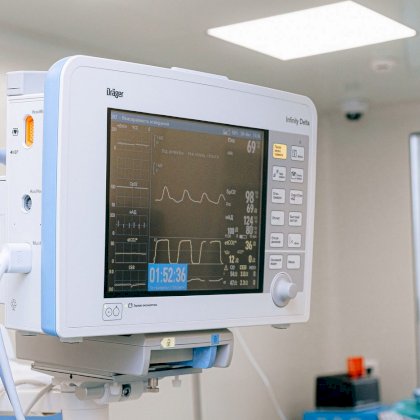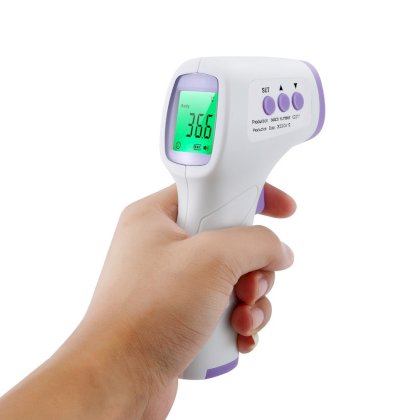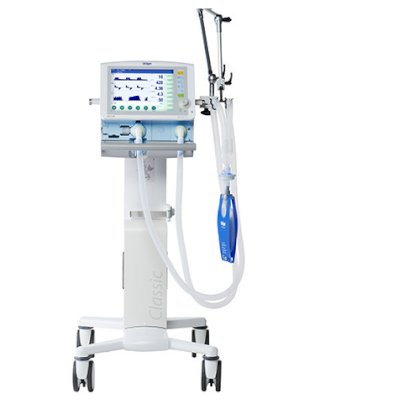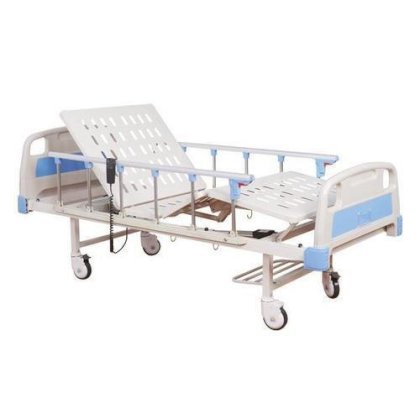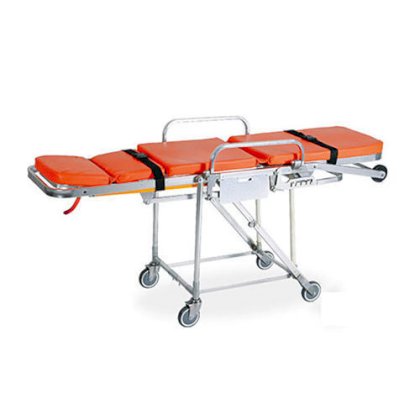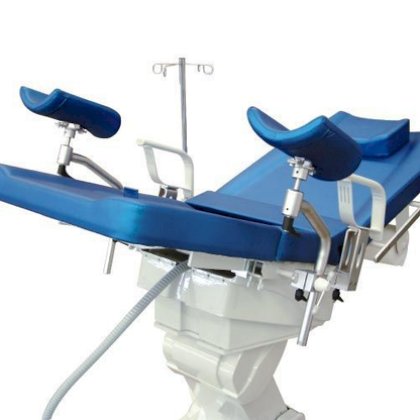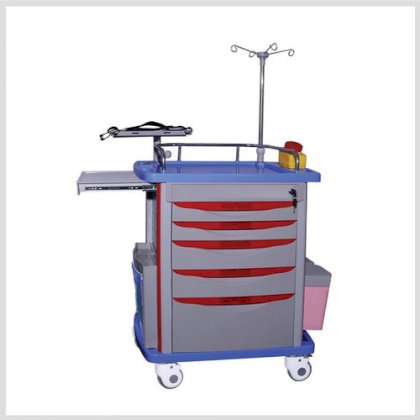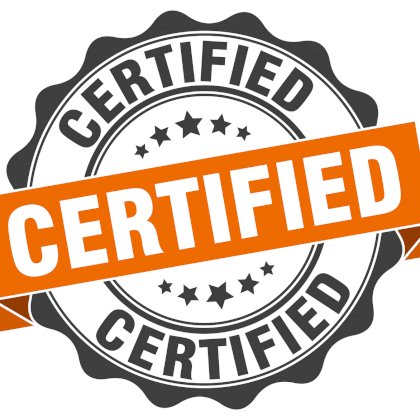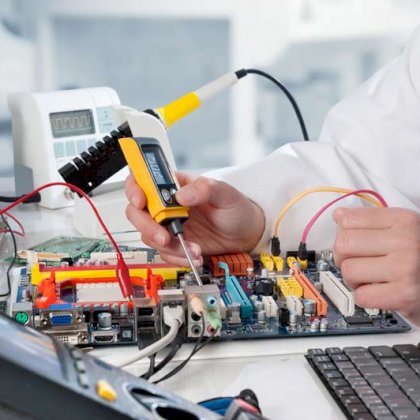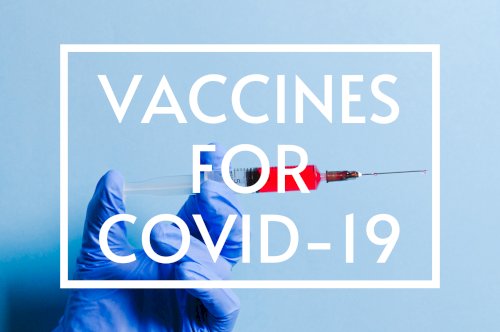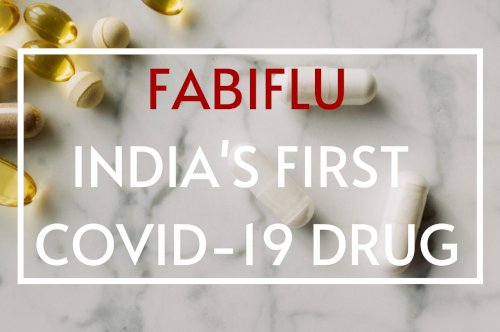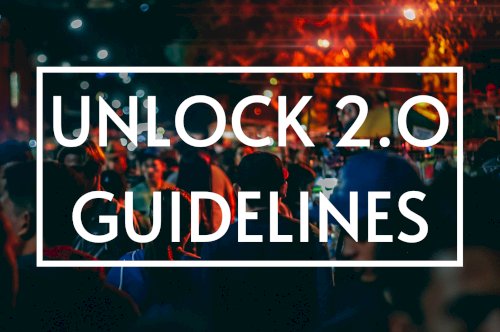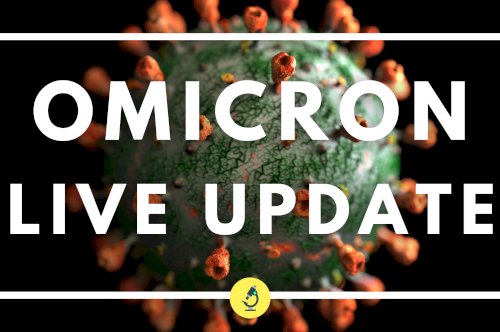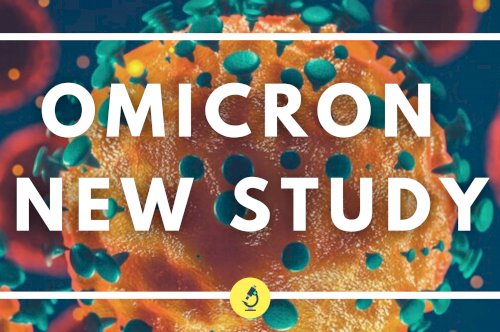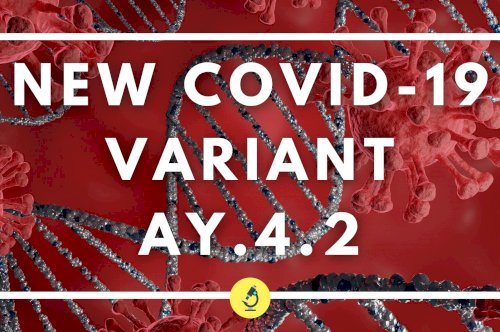Types of COVID-19 Tests
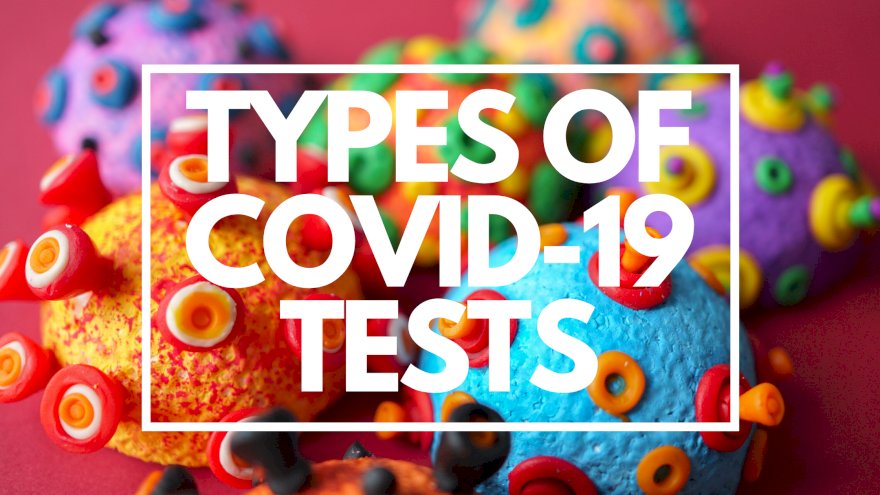
Even though RT-PCR (reverse transcription-polymerase chain reaction) remains the gold standard of frontline testing for the novel coronavirus, the Health Ministry has introduced a range of other tests from time to time as the country ramps up its testing to nearly 2.15 lakh per day.
Besides an expansion in testing strategy, including all “symptomatic individuals in every part of the country”, facilities and types of kits have also been gradually increased. With India’s strategy to combat Covid-19 being ‘test, track, and treat’, other types of tests like antibody, TrueNat and CBNAAT (tuberculosis tests) and antigen were introduced as the Indian Council of Medical Research (ICMR) faced a backlash for lack of testing.
However, it must be noted that unlike RT-PCR tests, which continue to be the most accurate method available for the detection of the pathogen that causes Covid-19, antibody tests are only for surveillance purposes, and can determine if a patient has previously had coronavirus. The ICMR has advised antibody testing as “supplementary” to RT-PCR testing.
What are the different types of Covid-19 tests being carried out in India?
RT-PCR tests
The majority of the tests being conducted in India and worldwide are RT-PCR, which requires nasal and throat swabs and are used to directly detect the presence of the virus rather than antibodies.
The test detects the virus’s RNA, which will be present in the body before antibodies form or symptoms of the disease are present, and tells whether or not someone has the infection very early on. The test proceeds by converting the RNA to DNA through a process called ‘reverse transcription’, before detecting the virus.
PROCESS: A sample is collected from deep inside your nose and the back of your throat with a swab. The sample is then treated with chemical solutions that remove proteins and fats, leaving only the RNA present in the sample. The sample is then sent to the laboratory for analysis where an RT-PCR machine is used to detect the virus.
While RT-PCR can detect the virus in asymptomatic persons, the tests do present a false negative in about 30 per cent of cases. Patients are, therefore, tested twice before being confirmed as non-infectious.
TIME & COST: The real time RT-PCR technique can deliver a reliable diagnosis in as little as three hours, although laboratories take on average between six and eight hours. Until May-end, the ICMR had capped the cost of a test at Rs 4,500 for private laboratories, but has since removed the cap and allowed states to fix their own prices. The price for the test is now anywhere between Rs 2,200 and Rs 3,000.
Rapid antibody tests
Antibody tests are fast, inexpensive, and can be used to gauge the extent of infection within a community. Unlike RT-PCR, antibody tests require a blood sample to determine whether the human body has antibodies for coronavirus. Antibodies are proteins produced by the body, and used by the immune system to identify and neutralise bacteria and viruses.
After rolling back its decision on antibody tests in April, the ICMR has advised its use as sero-surveys on workers who have returned from other states, those who live in dense settings, people in containment zones, police and paramilitary personnel, among others.
Since the results are not 100 per cent reliable (they can give false positives), the ICMR has advised that if a person tests positive through a rapid test, they have to undergo a confirmatory RT-PCR test before treatment.
PROCESS: Rapid antibody testing involves taking a blood sample from the finger and putting it in a testing template. The blood is then examined for two types of antibodies — IgM antibodies, which appear early in an infection, and IgG antibodies, which are more likely to show up later.
TIME & COST: Antibody tests can give results in 20-30 minutes, and cost between Rs 500 and Rs 600.
STATES CONDUCTING THE TEST: Kerala, Tamil Nadu, Chhattisgarh, Uttar Pradesh, Odisha.
Rapid antigen tests
Like RT-PCR, the rapid antigen detection test too, seeks to detect the virus rather than the antibodies produced by the body. It has been approved by ICMR for use in containment zones and healthcare settings. The test is reliant on the amount of virus, or the viral load, in a nasal swab. An antigen refers to any toxin in the body that triggers an immune response.
PROCESS: Nasal samples are collected and tested for antigens, which are found in the SARS-CoV-2 virus. It is a point-of-care test that is performed outside the conventional laboratory setting, and is used to quickly obtain a diagnostic result.
TIME & COST: For antigen tests, the maximum duration for interpreting a positive or negative test is 30 minutes. ICMR has allowed the use of antigen detection kits developed by the South Korean company S D Biosensor, which has a manufacturing unit in Manesar. Each kit costs Rs 450.
STATES CONDUCTING THE TEST: Maharashtra, Delhi, Gujarat, Haryana, and Uttar Pradesh.
TruNat tests
TruNat test, commonly used for detecting tuberculosis and HIV, works on the same principle as RT-PCR, but with a smaller kit, and produces faster results. ICMR recently approved TrueNat, manufactured by a Goa-based company, for screening and confirmation for Covid-19.
PROCESS: A TrueNat machine is chip-based, small and portable, and mostly runs on batteries. It detects the virus in nasal or oral swabs. The machines are equipped to detect the RdRp enzyme found in the virus RNA.
TIME & COST: The TruNat test provides results within 60 minutes. The test kit comes for about Rs 1,300.
Different Types of Coronavirus Tests
|
|
Molecular Test |
Antigen Test |
Antibody Test |
|
Also known as... |
Diagnostic test, viral test, molecular test, nucleic acid amplification tests (NAAT), RT-PCR tests |
Rapid diagnostic test (Some molecular tests are also rapid tests.) |
Serological test, serology, blood test, serology test |
|
How the sample is taken... |
Nasal or throat swab (most tests) Saliva (a few tests) |
Nasal or throat swab |
Finger stick or blood draw |
|
How long it takes to get results... |
Few Days |
One hour or less |
Same day (many locations) or 1-3 days |
|
Is another test needed... |
This test is typically highly accurate and usually does not need to be repeated. |
Positive results are usually highly accurate but negative results may need to be confirmed with a molecular test. |
Sometimes a second antibody test is needed for accurate results. |
|
What it shows... |
Diagnoses active coronavirus infection |
Diagnoses active coronavirus infection |
Shows if you’ve been infected by coronavirus in the past |
|
What it can't do... |
Show if you ever had COVID-19 or were infected with the coronavirus in the past |
Definitively rule out active coronavirus infection. Antigen tests are more likely to miss an active coronavirus infection compared to molecular tests. Your health care provider may order a molecular test if your antigen test shows a negative result but you have symptoms of COVID-19. |
Diagnose active coronavirus infection at the time of the test or show that you do not have COVID-19 |
Source: FDA, The Indian Express
